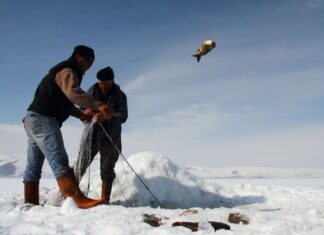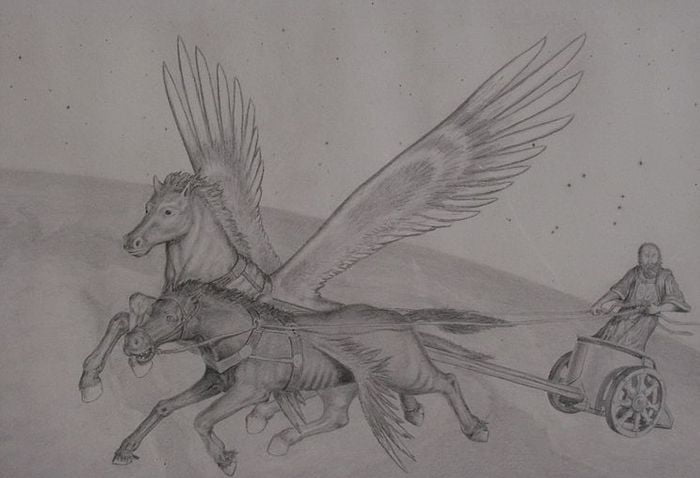admin
Exploring the Upper Nile
No additional information about the distant parts of the Nile could I obtain from the priests or other inhabitants. To learn more, I traveled...
How the Sun Dries the Air in Egypt
In my view, it is also the sun that makes the air in Egypt so dry. As it passes over the land, it heats...
Honoring Lycurgus After His Death
After the death of Lycurgus, the Spartans showed their deep respect for him by building a temple in his honor. From that time onward,...
The Situation in Athens When Croesus Inquired
This was the condition of Athens at the time when King Croesus of Lydia sought information about the Greek states. Athens was under the...
Strengthening Power After Victory
After securing control of Athens for the third time, Pisistratus focused on making his rule strong and lasting. He understood that gaining power was...
The Oracle’s Message Changes the Course of War
As soon as King Alyattes heard the words of the oracle from Delphi, he acted without delay. The oracle had clearly stated that his...
The Long War Between Lydia and Miletus
The war between the Lydians and the Milesians continued for eleven long years. During this time, the Milesians suffered greatly. Two especially severe attacks...
The Rise of Gyges and the Lydian Kingdom
When Gyges became king of Lydia, he acted quickly to show his power. Soon after taking the throne, he attacked the important Greek cities...
The Death of King Candaules
When night came, everything was ready for the attack. Gyges knew that there was no way back. He understood that he must either kill...
Gyges Has No Way to Escape
Gyges now found himself trapped. He did not agree with the king’s command, but he could not escape it. He feared the power of...














